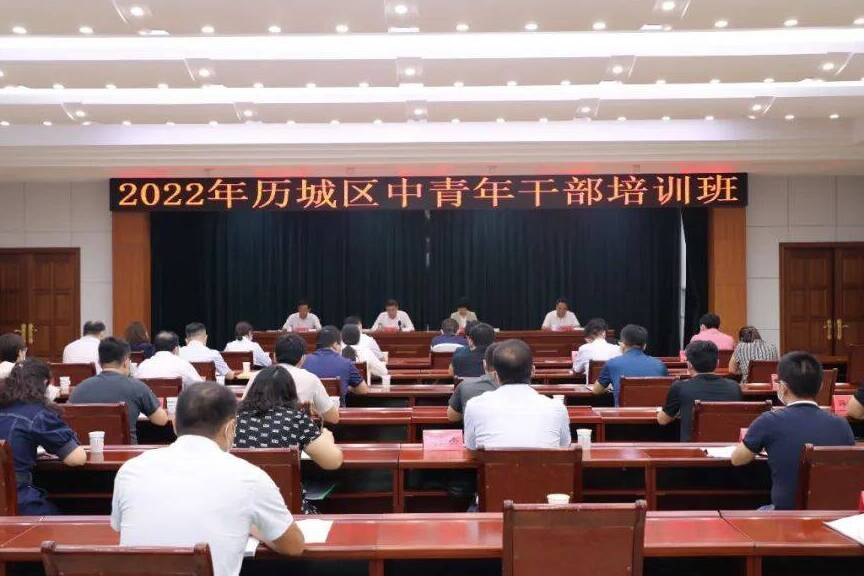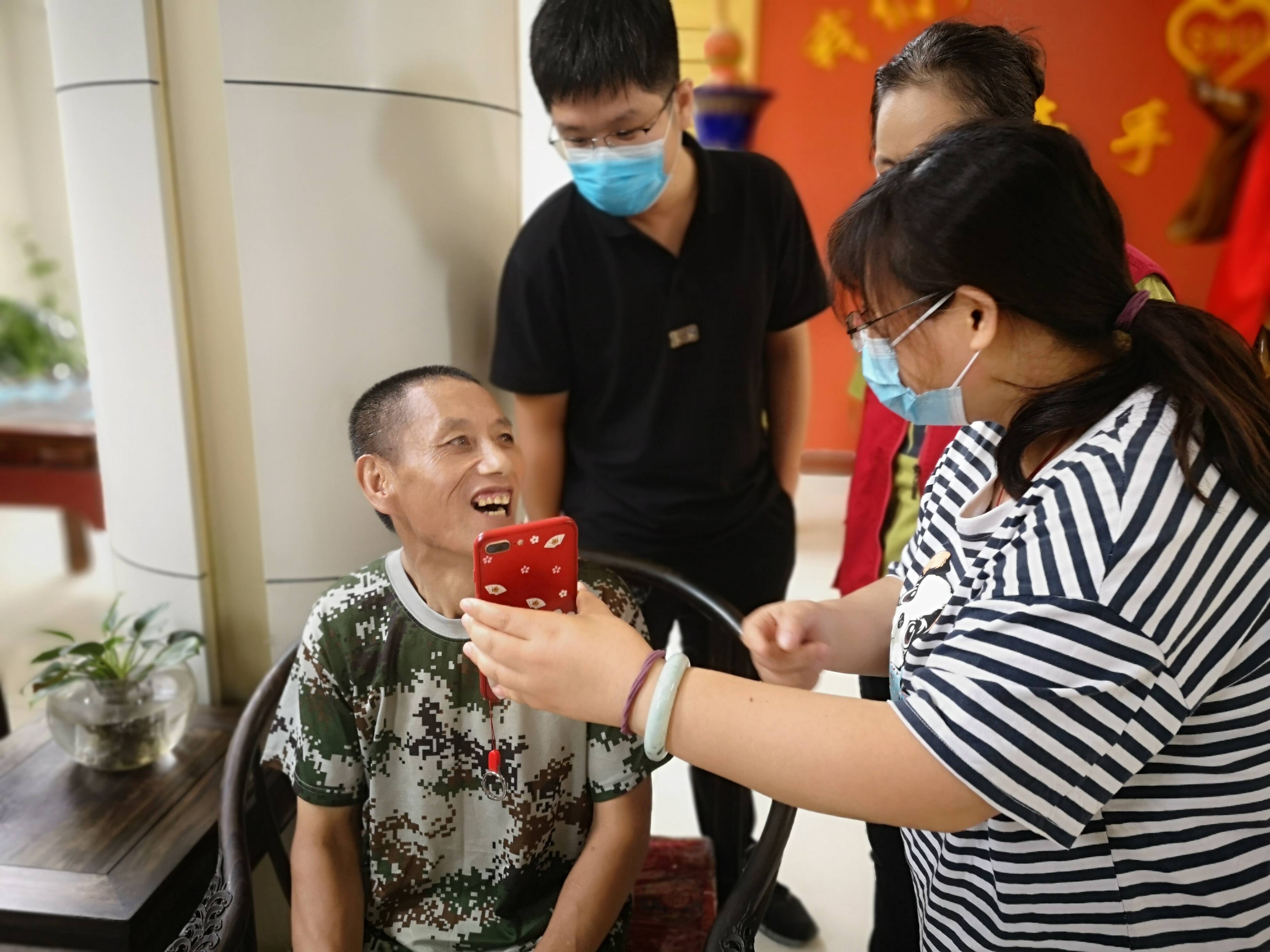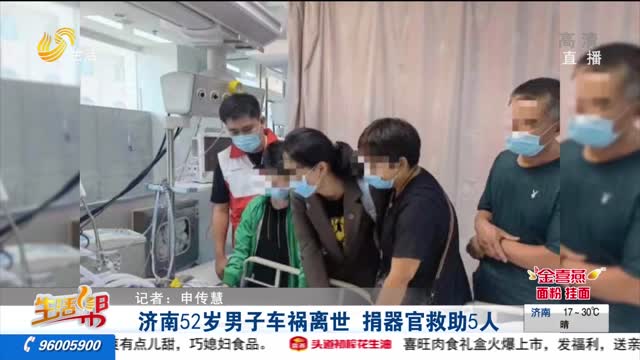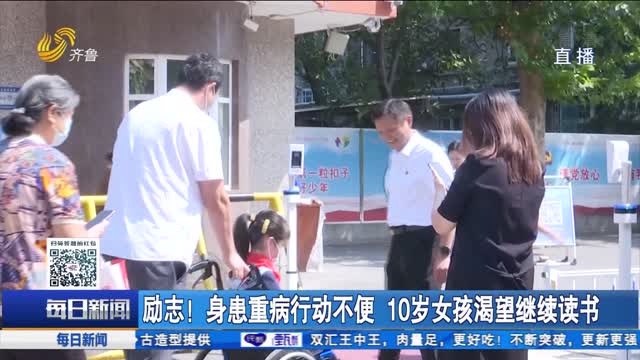Changing minds on mental health
来源:中国日报网英文版
2022-09-06 09:16:09
Original Headlines:Changing minds on mental health
Source:China Daily

Wang Zhen, the deputy director of the Shanghai Mental Health Center, shares his research results with his colleagues.[Photo provided to China Daily]
Award-winning psychiatrist is spearheading efforts to develop the sector, Xu Xiaomin reports in Shanghai.
To many people, obsessive-compulsive disorder might seem like a relatively harmless condition characterized by the unusual need for cleanliness and orderliness, but such misconceptions cannot be further from the truth.
In fact, some people with OCD never display such inclinations. Rather, the disorder manifests itself in other ways, such as an irrational fear of contracting an illness or harming through violent means. Such obsessions and compulsions can become so time-consuming and distressing that they cause immense stress to an individual.
In China, OCD affects around 1.5 percent of the population, but the impact of this condition has been profound-an investigation in 2019 revealed that OCD results in 33 billion yuan ($4.78 billion) in economic losses every year.
Wang Zhen, the deputy director of the Shanghai Mental Health Center, knows this all too well. For the last 20 years, he has dedicated much of his time and effort toward a better understanding of this condition that has been labeled "the cancer of mental diseases" by the medical community concerning the long-term prognosis, low rate of full recovery and unknown definitive cause of this mental health condition.
Over the past few years, Wang, who also specializes in research into anxiety disorders and post-traumatic stress disorder, has been focused on researching clinical studies of treatment technique instead of pathogeny theories.
This shift in focus, he says, was partly due to one patient he saw in 2014.
The patient, who was from the Inner Mongolia autonomous region, started a conversation by saying that Wang's clinic would be his last stop as he had experienced little to no improvement in his condition after visiting numerous medical establishments in the country.
"As a psychiatrist, I knew that when he mentioned the words 'last stop', it was likely he would never visit a doctor again and might even give up on life should things fail again," says Wang.
His team's research on treatment techniques has also led to the development of a new solution-an enhanced form of deep brain stimulation surgery for treatment-refractory OCD patients.
Unlike the conventional DBS procedure now practiced in other countries which involves using one electrode to stimulate one location in the brain to regulate abnormal impulses, Wang believes his clinical trial through simultaneously stimulating two locations with one electrode could be more effective.
"We are in the process of clinical trials at present. If we succeed, this will be an exciting step forward that could rewrite the guidelines for the treatment of OCD," he says.
"I derive much happiness from research not just because of the breakthroughs it may bring, but because important findings can bring less pain to people. This is the charm of scientific research."
For his relentless efforts in this field, Wang has been awarded by the city government several times. He is also the recipient of a national award for his outstanding efforts during the fight against the COVID-19 pandemic in Wuhan, Hubei province, in 2020.

Wang, leader of a 50-member team of mental health experts, helps combat the COVID-19 pandemic in Wuhan in 2020.[Photo provided to China Daily]
More work ahead
Wang is happy to see people's increasing awareness of mental health in recent years, but it also makes the problem of shortage of professional therapists even more prominent.
At the Shanghai Mental Health Center where Wang works, patients often have to wait between three and six months to have regular one-on-one counseling sessions with a psychotherapist every week. Although private clinics offer much faster access, consultations at such places often cost thousands of yuan per hour, making them unaffordable for most locals.
As such, the Shanghai Mental Health Center has been making plans to develop an online platform that would allow more people to receive treatment. When Wang was helping combat the COVID-19 pandemic in Wuhan, his team gained experience in the provision of phone or video counseling to local residents.
Wang's workload is also poised to get heavier as the national health commission announced in July that it set one of the national medical centers of mental disorders at Shanghai Mental Health Center to work with the other two branches in Beijing and Hunan province to lead the development of mental healthcare in the country.
Wang, who described the move as "good news", says the center in Shanghai will be responsible for several important tasks such as developing advanced medical techniques and solving the most difficult mental diseases.
Such initiatives, he adds, would allow China's mental healthcare sector to be of a global level within a decade.
Wang is also keenly involved in efforts to cultivate more mental health talents to address the severe shortage of such professionals in the country.
China currently has more than 50,000 registered psychiatrists, about 1.5 times more than the figure from 10 years ago, but this is still insufficient for a country of its size.
"There is still a lack of awareness and knowledge among the public, and many people are still not seeking professional help because of existing stigmas related to mental issues. I'm also worried that we are short of medical resources," Wang says.
According to epidemic investigations, 16.6 percent of adults in China have had mental issues at least once in their lifetime, and more than 80 percent of people suffering from depression and anxiety have not received proper treatment.
"I hope my job can help prevent more suffering. If we can raise the proportion of people seeking professional treatment from 20 to 50 percent, that would be great," he says.
想爆料?请登录《阳光连线》( http://minsheng.iqilu.com/)、拨打新闻热线0531-66601253,或登录齐鲁网官方微博(@齐鲁网)提供新闻线索。齐鲁网广告热线0531-66601253,诚邀合作伙伴。

2022年济南市历城区中青年干部培训班开班
- [详细]
- 齐鲁网 2022-09-05

济南南山交警:“雷霆行动”火力全开 查获多起非法改装机车
- [详细]
- 齐鲁网 2022-09-05

争创标杆开新局 质量强市促发展 2022年“质量月”活动正式启动
- [详细]
- 齐鲁网 2022-09-05

排位第一!济南市章丘区荣获“山东省民间文化艺术之乡”建设典型案例
- [详细]
- 齐鲁网 2022-09-05

济南市历城区市场监管强化食品安全多元共治
- [详细]
- 齐鲁网 2022-09-05

让人才安心!印度籍博士后子女在济南历城顺利入学
- [详细]
- 齐鲁网 2022-09-05

济南:科技助力 为寻亲插上信息化的翅膀
- [详细]
- 齐鲁网 2022-09-05

济南市组织开展“中华慈善日”主题宣传活动
- [详细]
- 齐鲁网 2022-09-05

最高可满减600元!2022年第二期济南市“泉城购”家电消费券活动来了!
- [详细]
- 齐鲁网 2022-09-05

最高可领取7000元!济南市第三期政府汽车消费券来了!
- [详细]
- 齐鲁网 2022-09-05

济南济阳区重点项目建设上演“速度与激情”
- [详细]
- 齐鲁网 2022-09-05
济南市构建五大行政执法监督制度体系 推进行政执法监督规范化建设
- 根据市委、市政府关于全面加强和改进行政执法监督工作的部署要求,近日,济南市司法局印发《济南市行政执法监督案件办理程序规定》《济南市...[详细]
- 大众网 2022-09-05
济南能投集团携手济南港华燃气走进燕山小区,助力燃气安全设施升级改造
- 9月4日,能源集团红心蓝焰送“安燃”服务进社区迎来了新一批党员志愿者,济南能投集团管理第二党支部携手济南港华燃气历山服务中心党支部,...[详细]
- 大众网 2022-09-05














网友评论仅供网友表达个人看法,并不表明齐鲁网同意其观点或证实其描述我来说两句